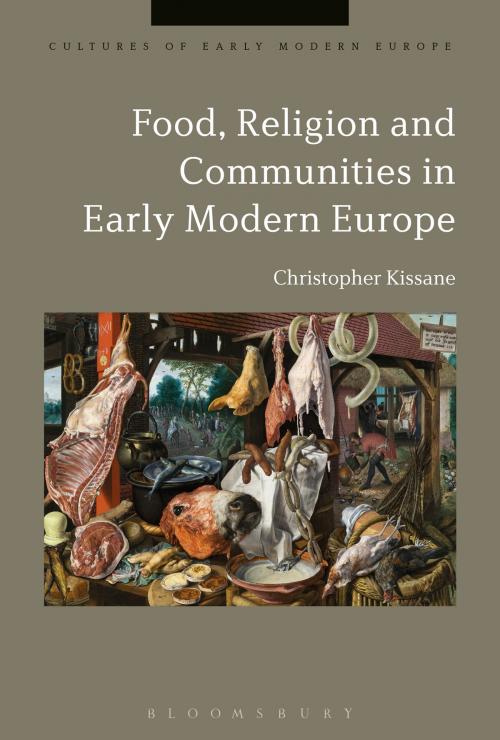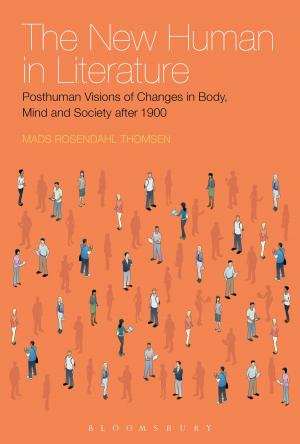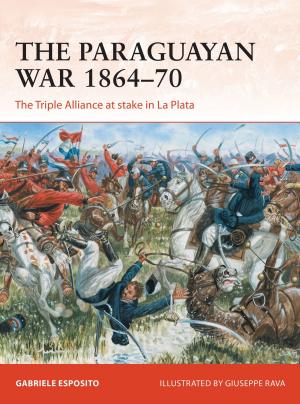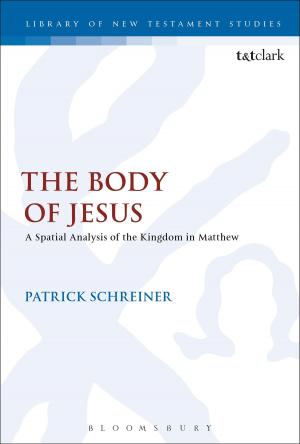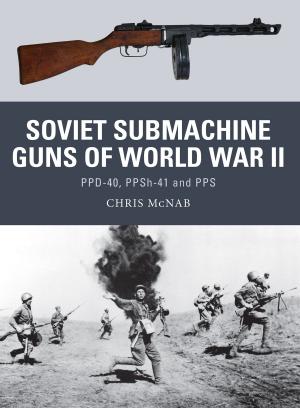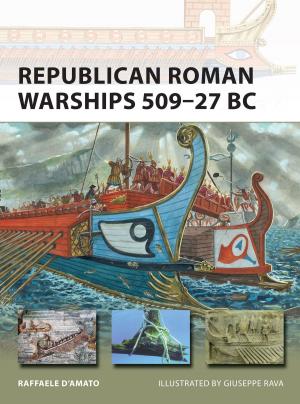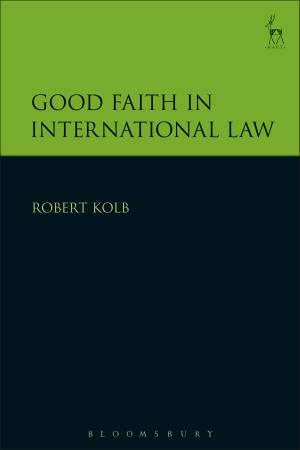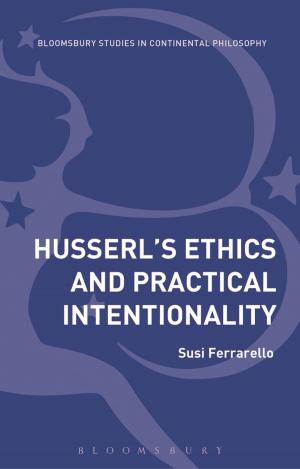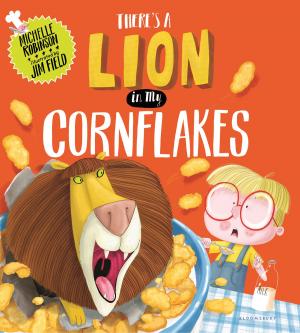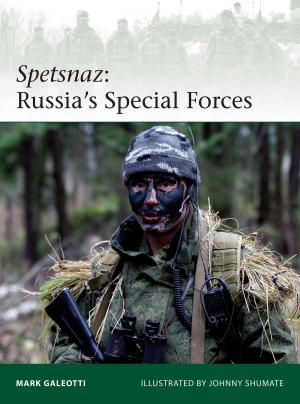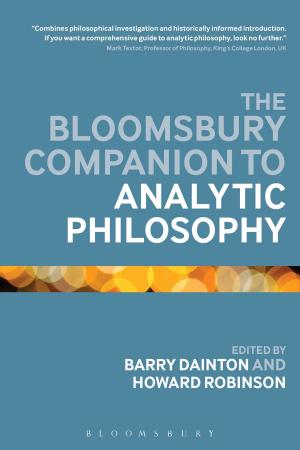Food, Religion and Communities in Early Modern Europe
Nonfiction, History, Renaissance, European General| Author: | Beat Kümin, Dr Christopher Kissane, Professor Brian Cowan | ISBN: | 9781350008489 |
| Publisher: | Bloomsbury Publishing | Publication: | June 14, 2018 |
| Imprint: | Bloomsbury Academic | Language: | English |
| Author: | Beat Kümin, Dr Christopher Kissane, Professor Brian Cowan |
| ISBN: | 9781350008489 |
| Publisher: | Bloomsbury Publishing |
| Publication: | June 14, 2018 |
| Imprint: | Bloomsbury Academic |
| Language: | English |
Using a three-part structure focused on the major historical subjects of the Inquisition, the Reformation and witchcraft, Christopher Kissane examines the relationship between food and religion in early modern Europe.
Food, Religion and Communities in Early Modern Europe employs three key case studies in Castile, Zurich and Shetland to explore what food can reveal about the wider social and cultural history of early modern communities undergoing religious upheaval. Issues of identity, gender, cultural symbolism and community relations are analysed in a number of different contexts. The book also surveys the place of food in history and argues the need for historians not only to think more about food, but also with food in order to gain novel insights into historical issues.
This is an important study for food historians and anyone seeking to understand the significant issues and events in early modern Europe from a fresh perspective.
Using a three-part structure focused on the major historical subjects of the Inquisition, the Reformation and witchcraft, Christopher Kissane examines the relationship between food and religion in early modern Europe.
Food, Religion and Communities in Early Modern Europe employs three key case studies in Castile, Zurich and Shetland to explore what food can reveal about the wider social and cultural history of early modern communities undergoing religious upheaval. Issues of identity, gender, cultural symbolism and community relations are analysed in a number of different contexts. The book also surveys the place of food in history and argues the need for historians not only to think more about food, but also with food in order to gain novel insights into historical issues.
This is an important study for food historians and anyone seeking to understand the significant issues and events in early modern Europe from a fresh perspective.
